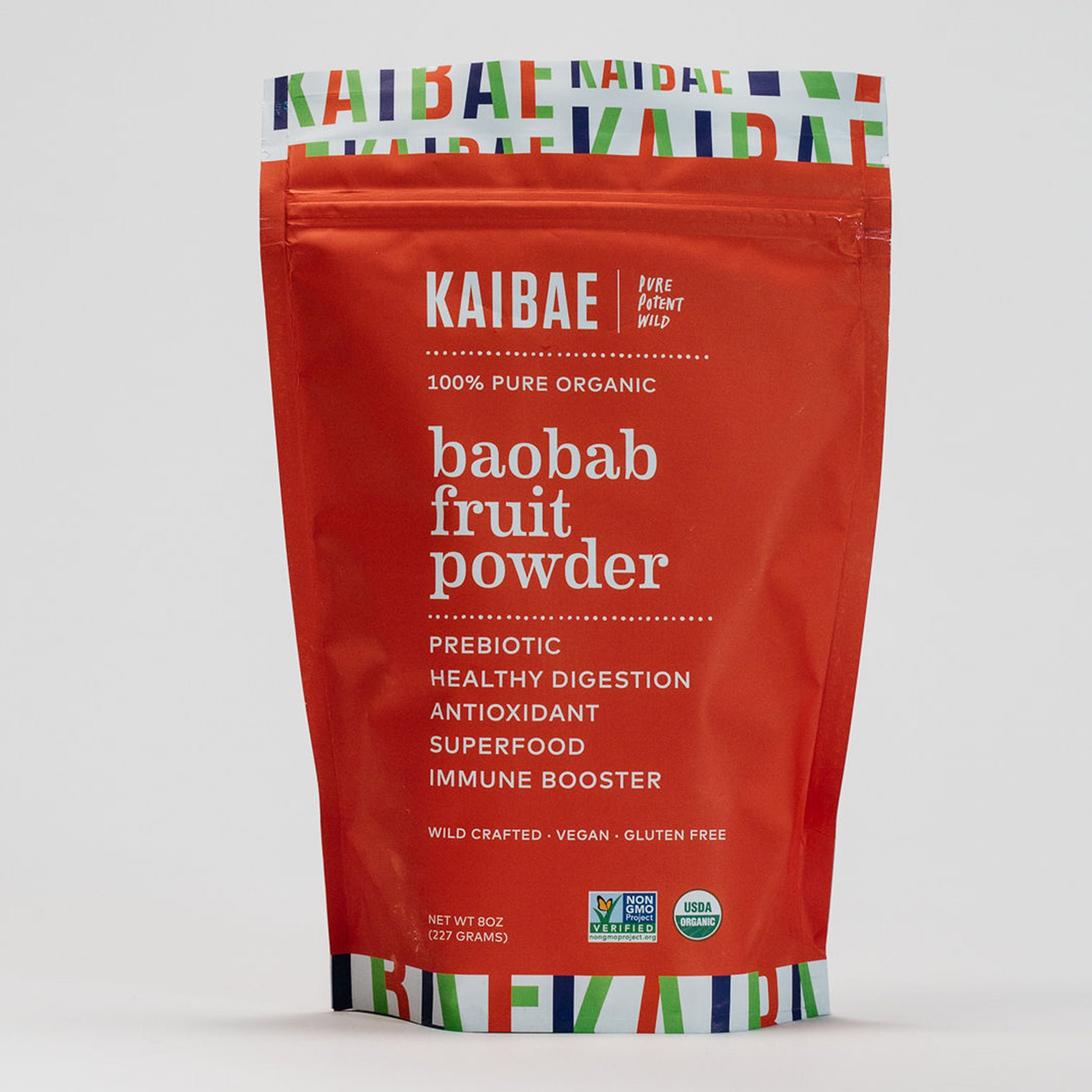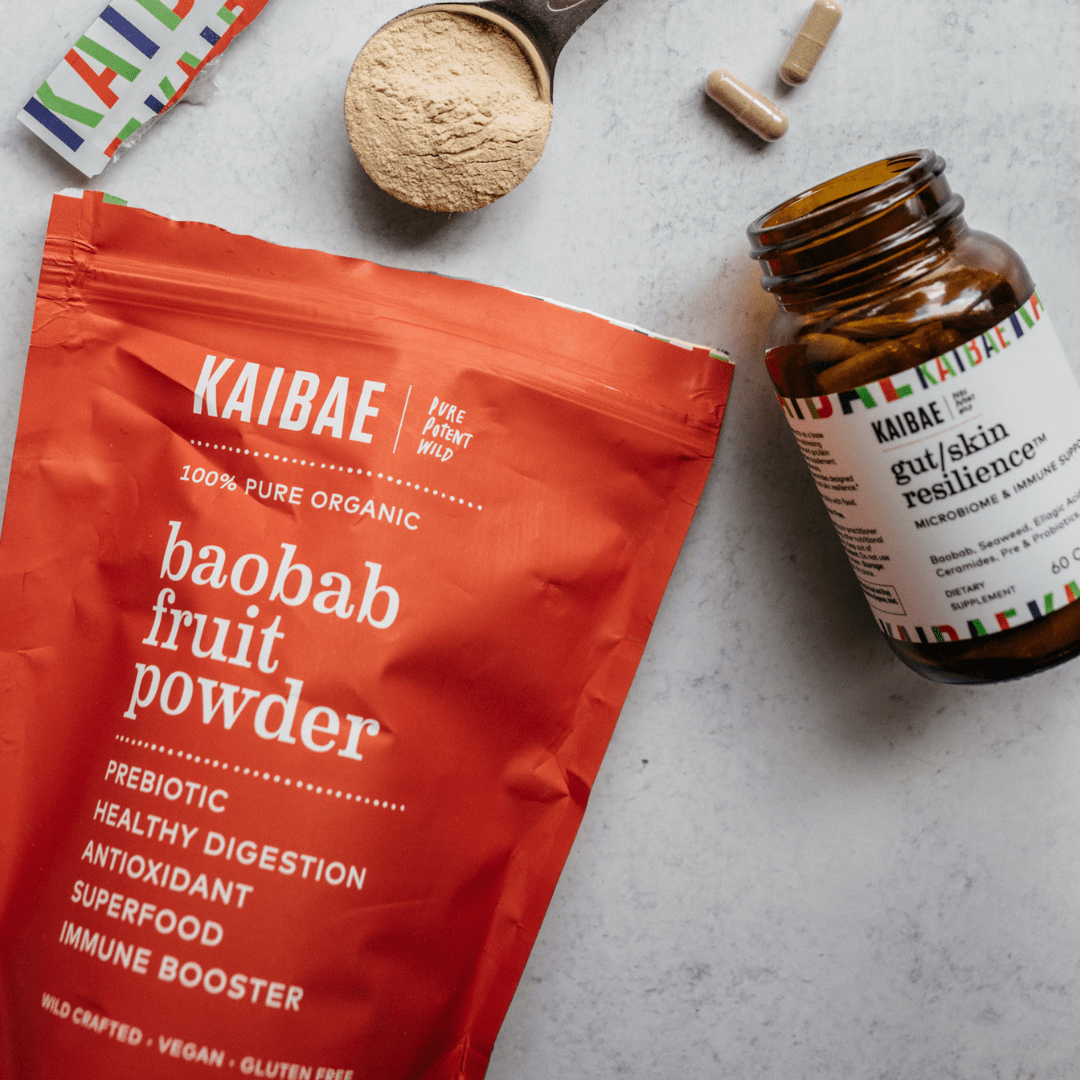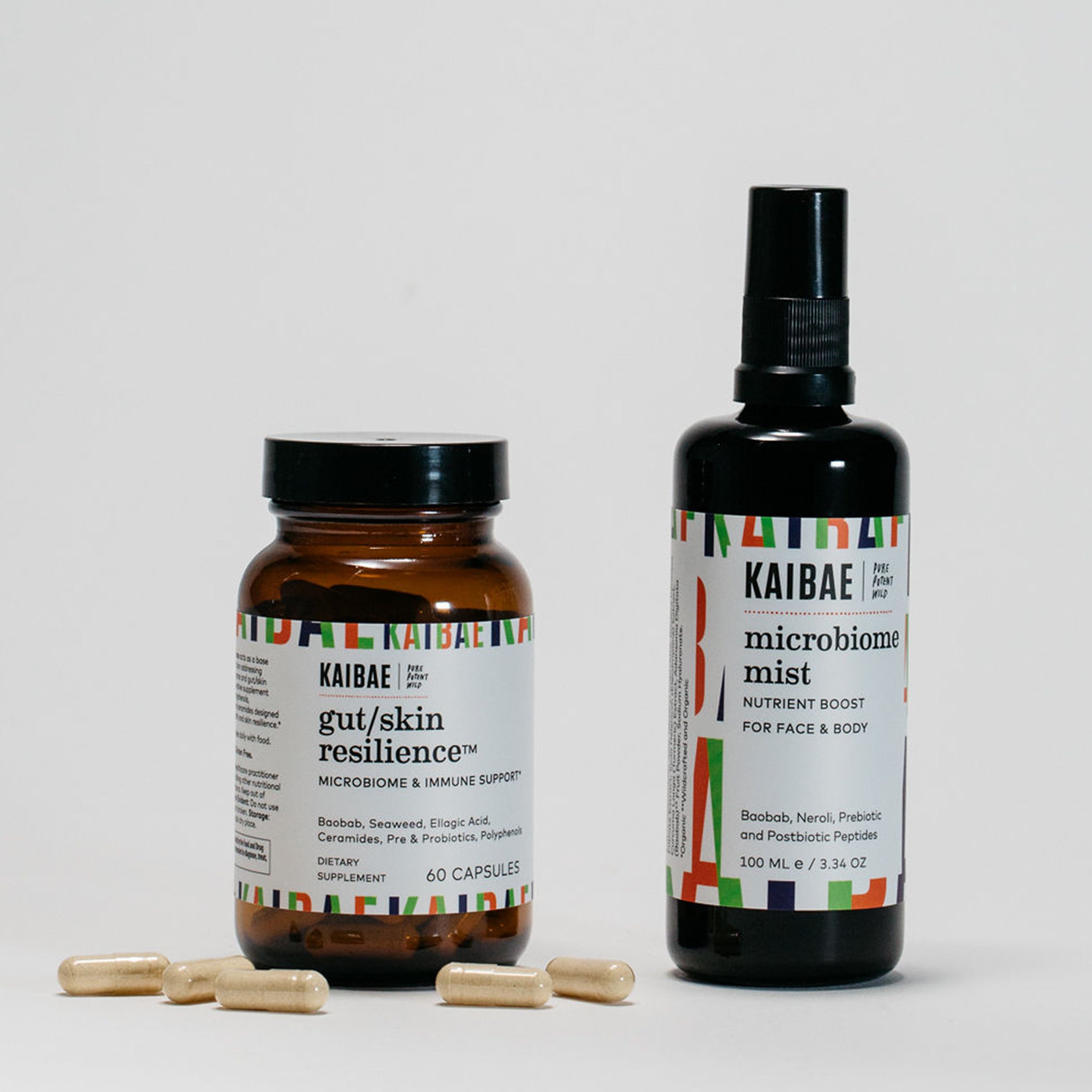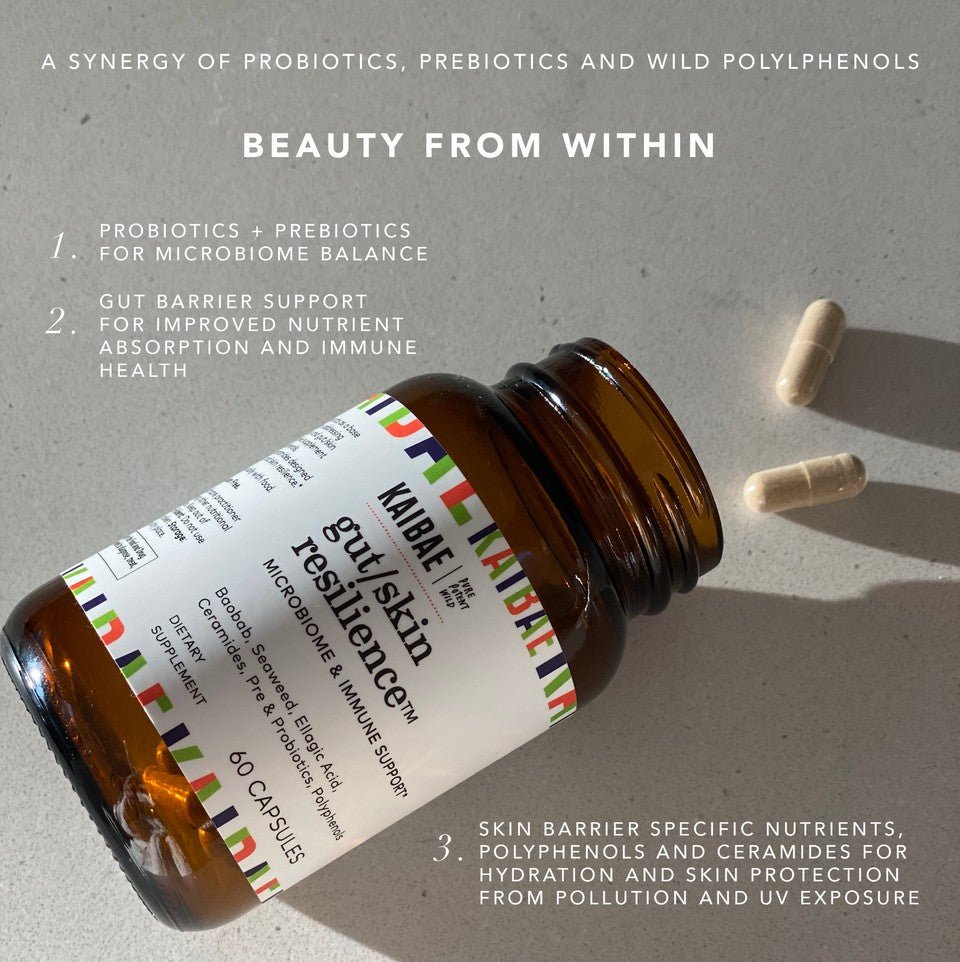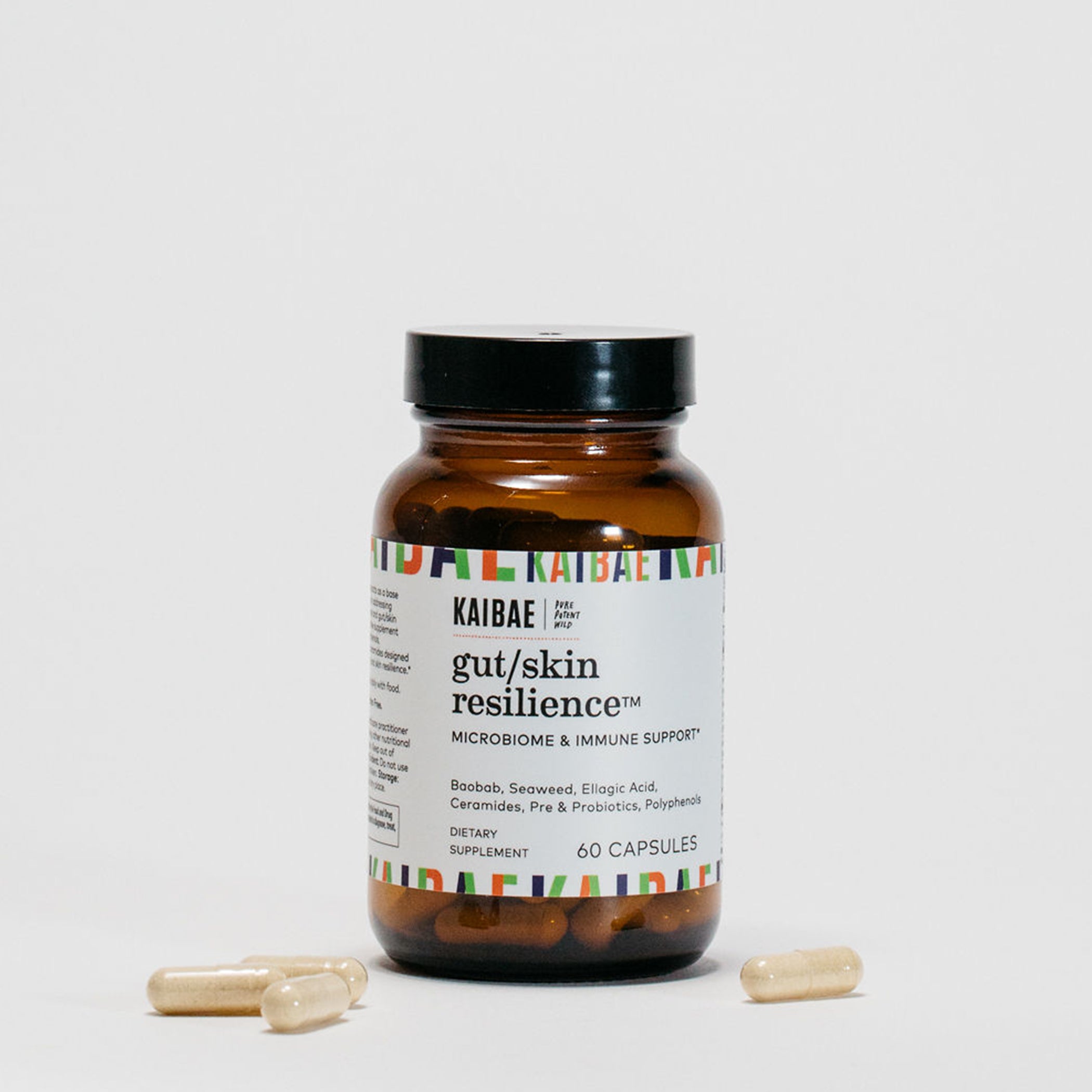How Gut Health Influences Lung Health
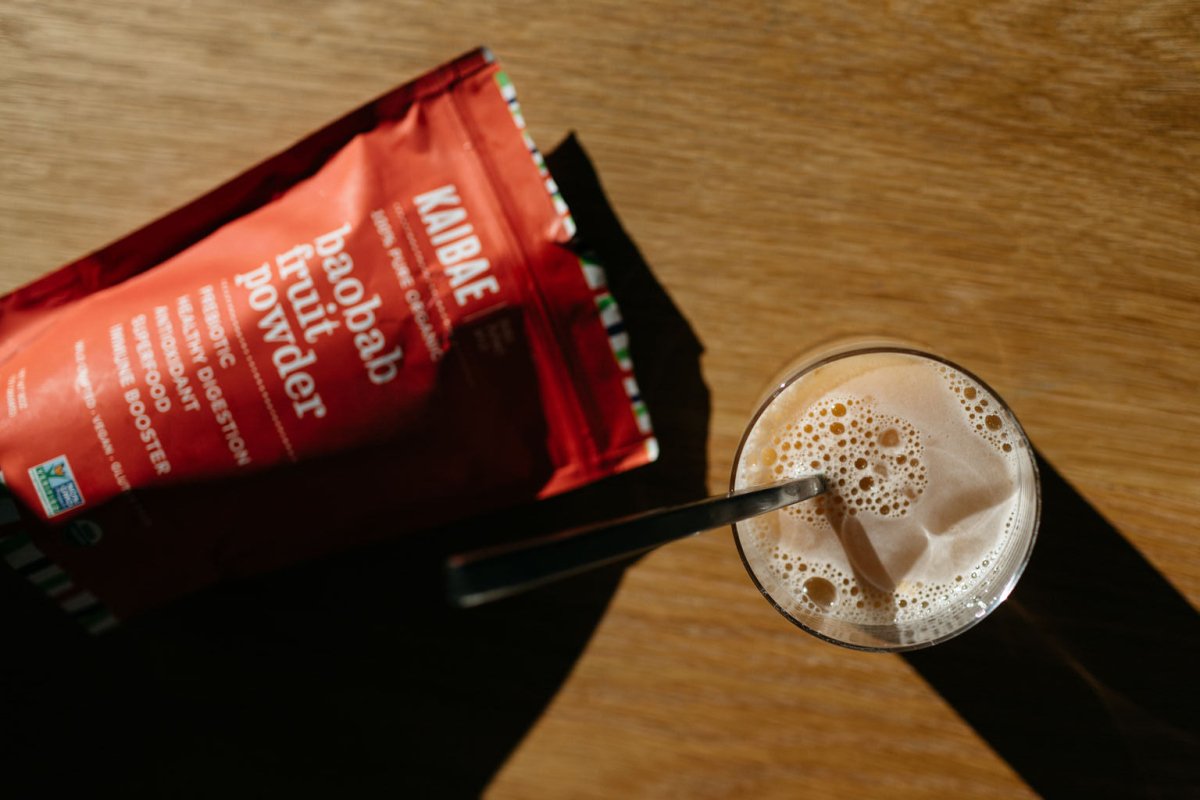
BY DR. LUC MAES, N.D.
Last week, I talked about the important role of the microbiome in the times of COVID-19. This week, I’m continuing the conversation—because many of you have been asking. That makes me especially happy as I now have lots of extra time to read and research which is one of my favorite things to do. I’ve been practicing Functional Medicine for the past 30 years at the beginning of its inception.
This week I am sharing my insight and research into the Gut-Lung Axis. Yes, you read that right: The health of the gut and the lungs are related.
There is a direct relationship between the gut microbiome and the lung microbiome. This is why it is even more important than ever to keep your gut healthy. In this time of COVID-19, addressing lung health needs to become a bigger conversation and a priority for all. Gut health, the lung microbiome, and lung immunity are all intertwined.
On a recent trip to Ghana (in search of more wild plants) I was exposed to a combination of pollution and Harmattan dust winds which exacerbated my asthma. While it seems obvious that lung health is related to the quality of the air we breathe, this experience motivated me to look into a possible connection between the gut and health of the lungs. Some of what I learned is very relevant to the current pandemic.
If you have read some of our previous blog posts and emails you may be familiar with the Gut-Skin Axis and the importance of gut microbial diversity for healthy skin. A similar connection exists between the gut and the lungs through a common mucosal response, where the gut microbial environment and its metabolites' influence on the gut mucosa have an impact on distal mucosa in the lungs.
Imbalances in gut microbiota are connected with a higher incidence of
asthma in life. Also, the recurrent use of antibiotics affects the gut and increases susceptibility to the influenza virus. Research has found that lungs infected by influenza triggered imbalances in the gut microbiome (Source: Front Microbiol 2018; 9: 2147: Diet, Microbiota and Gut-Lung Connection). This common mucosal response can actually be traced back to ancient writings of traditional Chinese Medicine, which teaches that the health of the large intestine is connected to the lungs.
So, how can I improve my lung health?
Good nutrition—specifically, a fiber-rich diet that promotes gut microbiome balance and healthy mucosa in both the gut and the lungs—is important for improving lung immunity. That is why I am such a strong proponent of baobab fruit powder, which is high in both prebiotic fiber and antioxidants that support the Gut-Lung Axis. In my research, I also consider ancient observations from traditional Chinese medicine on foods known to benefit the gut and strengthen lung immunity. I would recommend incorporating fatty fish rich in Omega-3s (personally I like Patagonia Provision’s Mackerel). Unless you are allergic to any of the following, these foods can also improve Lung Energy/Lung Qi: garlic, sweet potato, ginger, onion, cabbage, pears, walnuts, black pepper, radish, rice, chili, leek, cardamom, miso, broccoli, cucumber, celery, and bananas.
Stay tuned, as I will continue to share insight into the interconnectedness of the gut microbiome, our own health, and the health of the planet.




